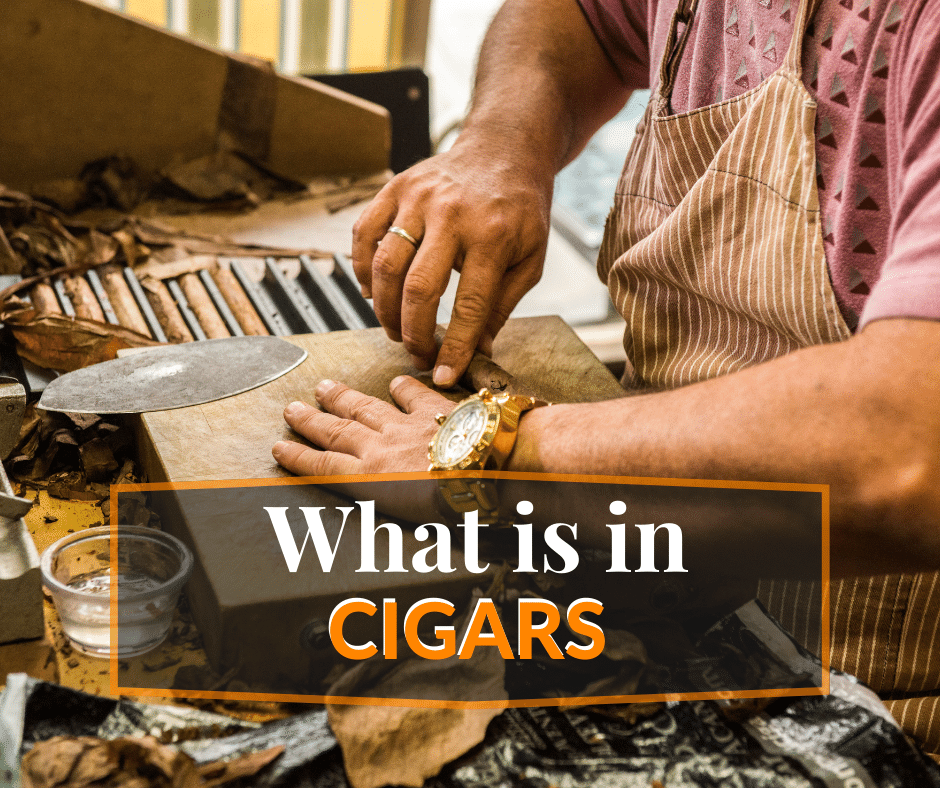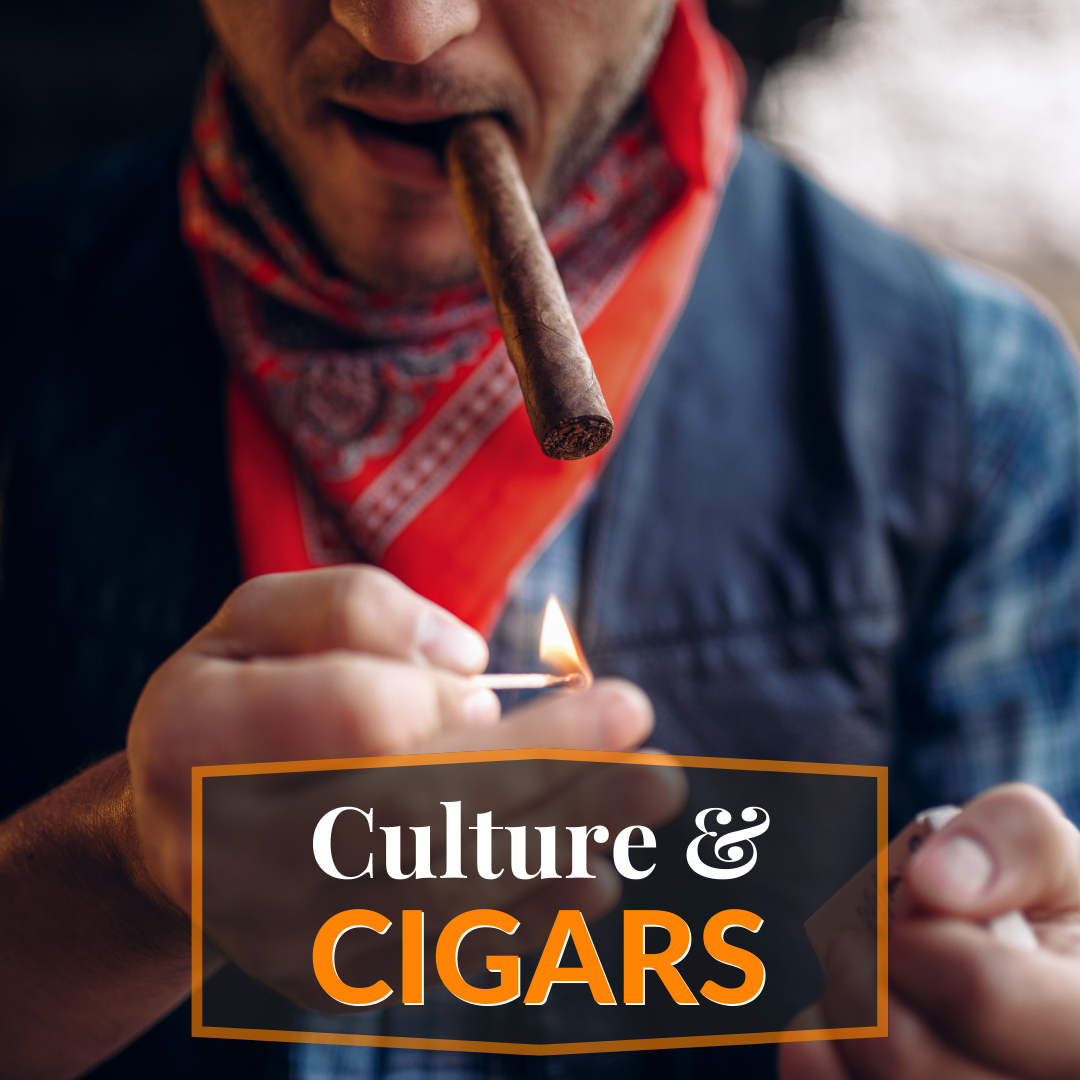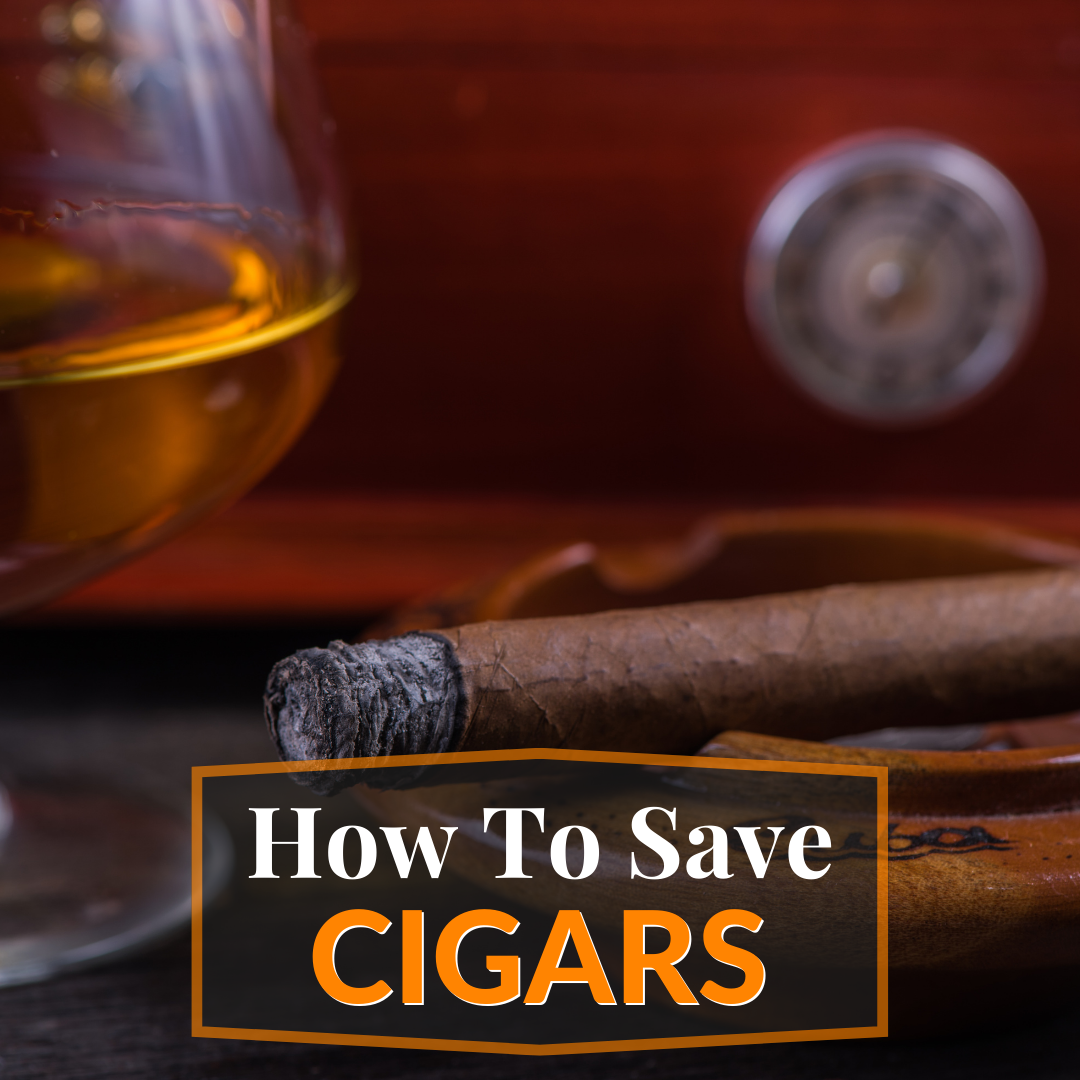
Introduction
Cigars, cigarettes, and tobacco products have been a subject of debate and concern for health professionals and smokers alike. This article delves into the world of smoking. Whether you smoke cigars or cigarettes, exploring their differences, health effects, and trends in usage. Get ready to unravel the mysteries behind these two popular forms of tobacco consumption.
Cigars: Types and Components
Premium Cigars
Premium cigars are hand-rolled, often using high-quality tobacco leaves. They are larger than other types of cigars and can take 1-2 hours to smoke. They are generally seen as a symbol of luxury and are often more expensive than other tobacco products.
Little Cigars
Little cigars are similar in size and shape to cigarettes but contain tobacco wrapped in leaf tobacco or a substance that contains tobacco. They are often cheaper than cigarettes and are marketed as an alternative to cigarette smoking.
Cigarillos
Cigarillos are smaller than traditional cigars but larger than little cigars. They are typically machine-made, affordable, and often come in flavored varieties.
Flavored and Filtered Cigars
Flavored and filtered cigars are designed to appeal to a broader audience, including young people and those looking for a less harsh smoking experience. A flavored cigar can come in various flavors and may have filters similar to cigarettes.
Cigarettes vs. Cigars
Size and Shape
Cigarettes are smaller, thinner, and usually wrapped in paper, while cigars come in various sizes and are wrapped in leaf tobacco. Cigars can range from the size of a cigarette (little cigars) to much larger, like premium cigars.
Tobacco Composition
Cigars contain a higher concentration of tobacco than cigarettes. A single large cigar can contain as much tobacco as an entire pack of cigarettes.
Smoking Duration
Cigarettes are usually smoked within minutes, while cigars, especially larger ones, can take hours to smoke, resulting in a longer exposure to tobacco smoke.
Health Effects and Trends
Lung Cancer and Other Health Risks
Cigars, like cigarettes, are associated with numerous health risks, including lung cancer, heart disease, and other respiratory illnesses. Cigar smoke contains many of the same carcinogenic compounds found in cigarette smoke, making cigars equally dangerous and potentially bad for you.
Nicotine Addiction
Both cigars and cigarettes contain nicotine, which is highly addictive. Nicotine levels in cigars can be higher than in cigarettes, leading to a greater risk of addiction for cigar smokers.
Cigar Use Among Youth
Cigar use among high school students has become a growing concern. Flavored and filtered cigars, in particular, have contributed to this trend, as they are often seen as a more accessible and enjoyable option for younger smokers.
Regulations and Warning Requirements
Tobacco Control Monograph
The smoking and tobacco control monograph is a comprehensive document outlining the health risks associated with tobacco use. It covers various tobacco products, including cigars and cigarettes, and provides guidance on regulation and warning requirements.
Cigar Packages and Advertisements
Cigar packages and advertisements are subject to regulations similar to those for cigarettes. These regulations include health warnings on packaging and restrictions on certain types of advertising to limit exposure to minors.
Cigar Smoking Alternatives
As awareness of the health risks associated with cigars and cigarettes continues to grow, many people are seeking alternatives to traditional tobacco products. Some popular alternatives include:
- Electronic cigarettes (e-cigarettes) or vapes: These devices provide a similar sensation to smoking but without the harmful tobacco smoke.
- Nicotine replacement therapies (NRTs): NRTs like nicotine gum, patches, and lozenges can help individuals quit smoking by gradually reducing nicotine cravings.
- Behavioral therapy and support groups: These resources can help individuals quit smoking by providing emotional support and tools for managing cravings and triggers.
Conclusion
Cigars and cigarettes are both sources of tobacco smoke and carry significant health risks, including lung cancer, heart disease, and nicotine addiction. Understanding the differences between cigars and cigarettes, as well as the health effects and trends associated with their use, is essential for making informed choices about tobacco consumption. With the growing awareness of these risks, many people are turning to alternative methods for quitting smoking or reducing their exposure to harmful tobacco smoke.
FAQs
- Are cigars safer than cigarettes? No, cigars are not a safe alternative to cigarettes. Both cigars and cigarettes contain harmful carcinogenic compounds, and smoking either can lead to serious health issues, including lung cancer and heart disease.
- What is the difference between cigars and cigarettes? The primary differences between cigars and cigarettes are their size, shape, and tobacco composition. Cigars are generally larger and contain more tobacco, while cigarettes are smaller and wrapped in paper.
- Can you get addicted to cigars? Yes, cigars contain nicotine, which is highly addictive. The nicotine levels in cigars can be higher than those in cigarettes, increasing the risk of addiction for cigar smokers.
- Why are flavored and filtered cigars popular among youth? Flavored and filtered cigars are popular among youth because they offer a more palatable and enjoyable smoking experience, often masking the harsh taste of tobacco. Their marketing and packaging also tend to target younger demographics.
- What are some alternatives to cigar and cigarette smoking? Alternatives to cigar and cigarette smoking include electronic cigarettes (e-cigarettes) or vapes, nicotine replacement therapies (NRTs), and behavioral therapy or support groups.





